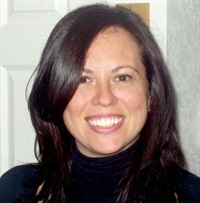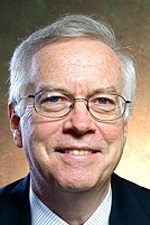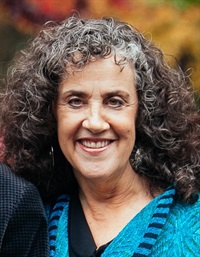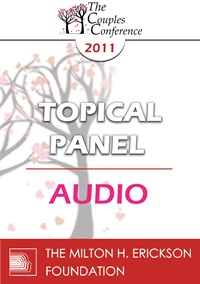CC11 Topical Panel 03 – Couples and Divorce: How Do You Assess When Separation/Divorce Make Sense or Does it? – Lilian Borges, MA, LPC; William Doherty, PhD; Julie Gottman, PhD
- Average Rating:
- Not yet rated
- Topic Areas:
- Divorce | Couples Therapy | Topical Panels | Assessment
- Categories:
- Couples Conference | Couples Conference 2011 | Pioneers in Couples and Family Therapy
- Faculty:
- Lilian Borges, MA, LPC | William Doherty, PhD | Julie Gottman, PhD
- Duration:
- 59:04
- Format:
- Audio Only
- Original Program Date:
- Apr 02, 2011
- License:
- Never Expires.
Description
Description: A panel discussion on effectively assessing when separation or divorce may be appropriate for couples. Experts share practical methods, including structured assessment sessions using conflict discussions and physiological responses, as well as discernment counseling to clarify couples’ decisions. They emphasize key factors such as trust, emotional intimacy, conflict management, and therapist neutrality. Real-world examples highlight handling severe issues like addiction and domestic violence, and maintaining hope while supporting clients' difficult decisions.
Educational Objectives:
- To compare and contrast clinical and philosophical perspectives of experts.
*Sessions may be edited for content and to preserve confidentiality*
Credits
Handouts
| Timestamped Transcript (827.5 KB) | 18 Pages | Available after Purchase |
| Ericksonian Learning Snapshot (251 KB) | 2 Pages | Available after Purchase |
Faculty

Lilian Borges, MA, LPC Related Seminars and Products
The Milton Erickson Foundation
Lilian Borges, MA, LPC, is a licensed professional counselor with more than 18 years of experience doing and teaching psychotherapy, Ericksonian hypnosis and brief therapy. She is an invited teacher at the Milton Erickson Foundation for their extensive hypnosis training programs. Lilian has been conducting seminars in the United States and internationally about couples therapy, and Ericksonian therapy.

William Doherty, PhD Related Seminars and Products
William J. Doherty is an educator, researcher, therapist, speaker, author, consultant, and community organizer. He is Professor and Director of the Marriage and Family Therapy Program in the Department of Family Social Science, College of Education and Human Development, at the University of Minnesota, where he is also an adjunct Professor in the Department of Family Medicine and Community Health.

Julie Gottman, PhD Related Seminars and Products
Julie Gottman, PhD, is the co-founder and President of The Gottman Institute, and Clinical Supervisor for the Couples Together Against Violence study. A highly respected clinical psychologist, she is sought internationally by media and organizations as an expert adviser on marriage, sexual harassment and rape, domestic violence, gay and lesbian adoption, same-sex marriage, and parenting issues. She is the co-creator of the immensely popular The Art and Science of Love weekend workshops for couples, and she also co-designed the national clinical training program in Gottman Couples Therapy.


